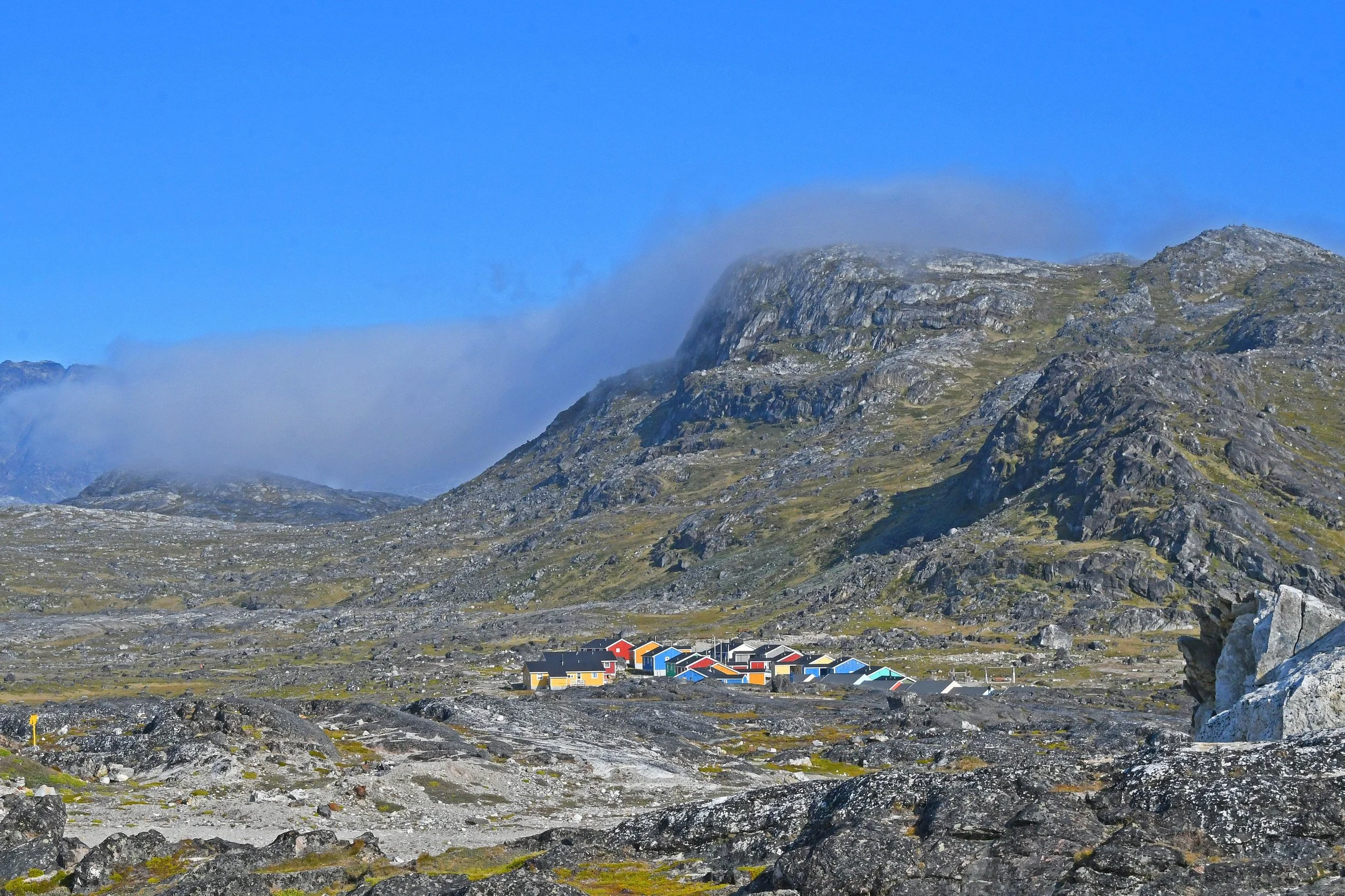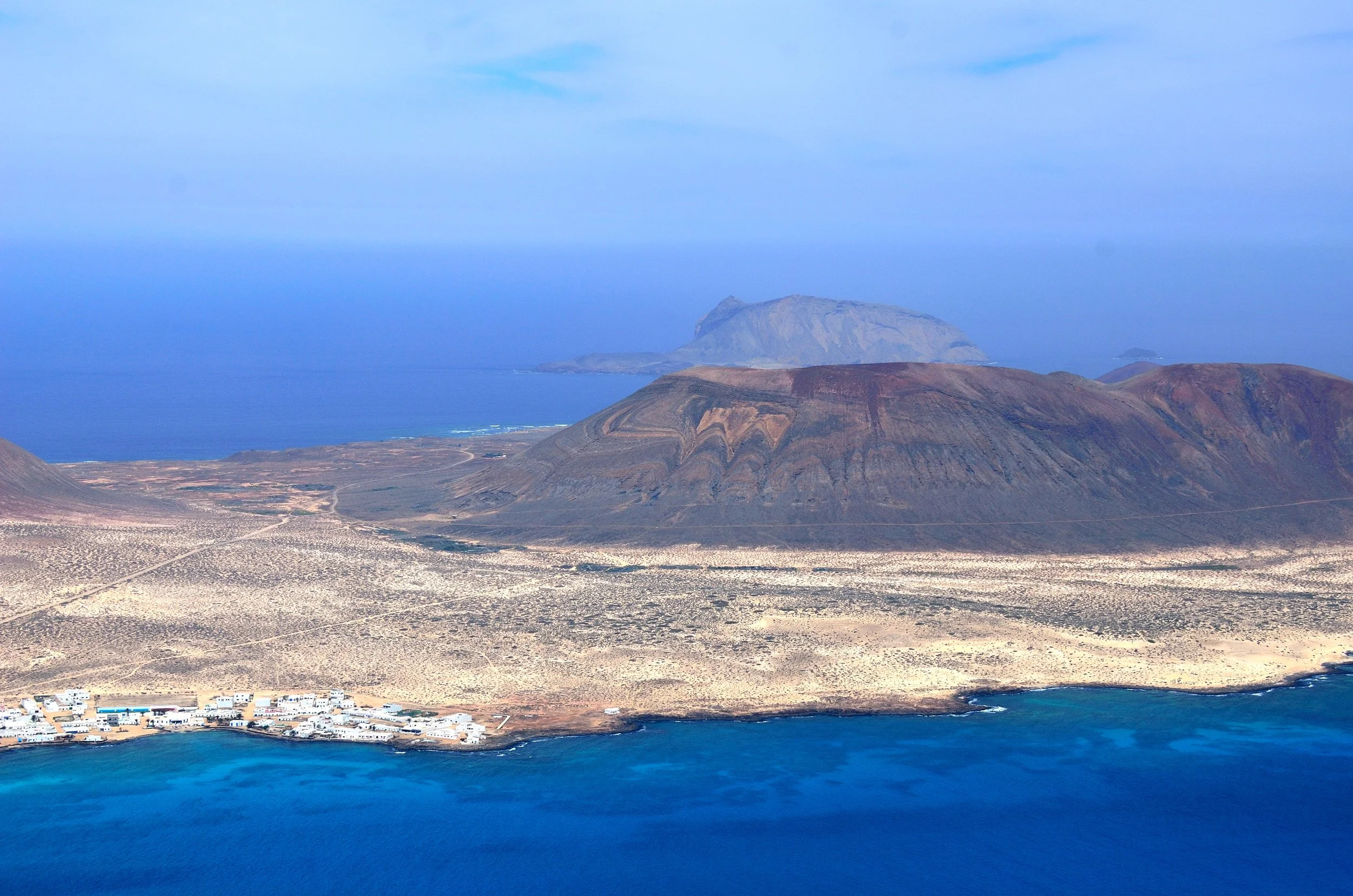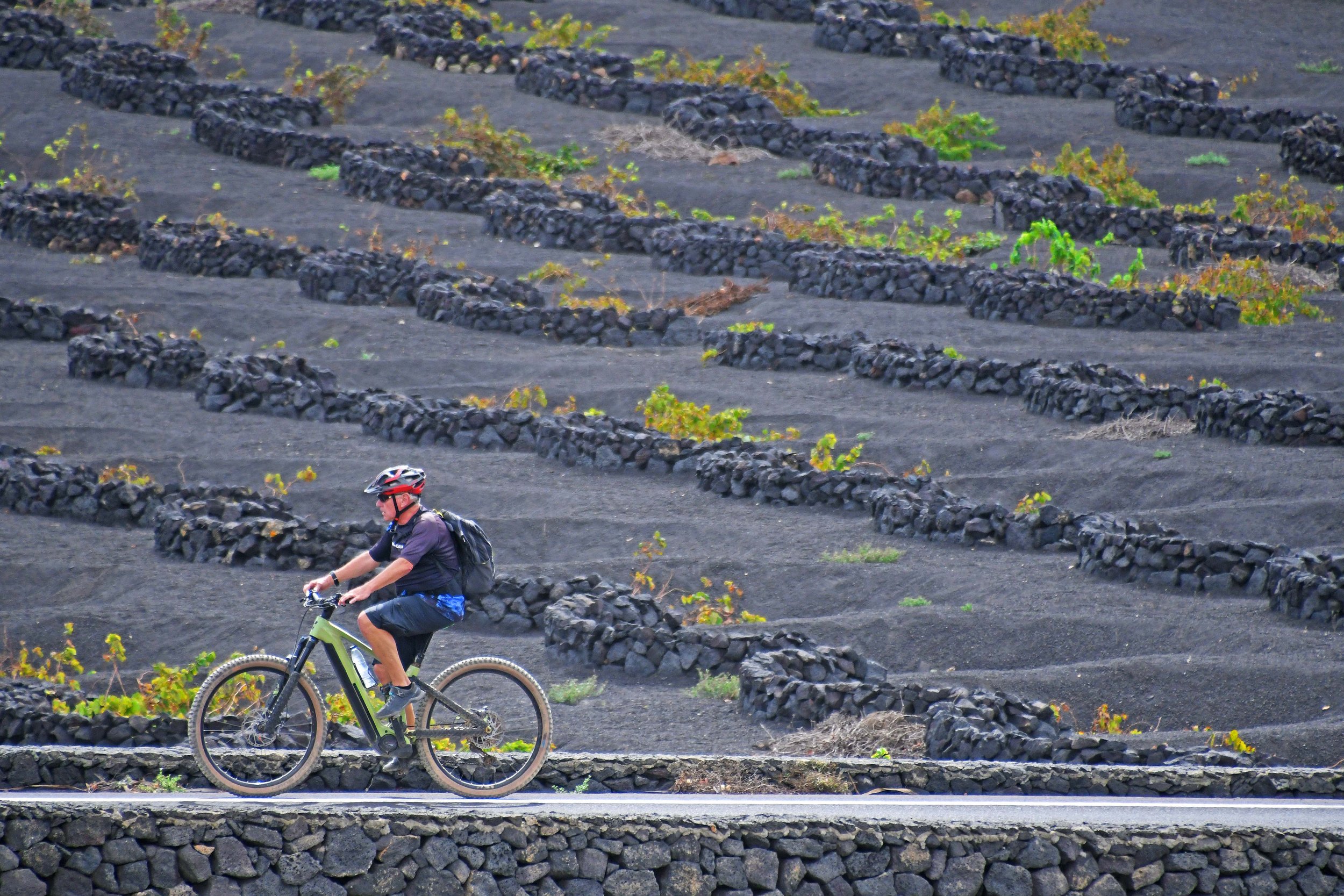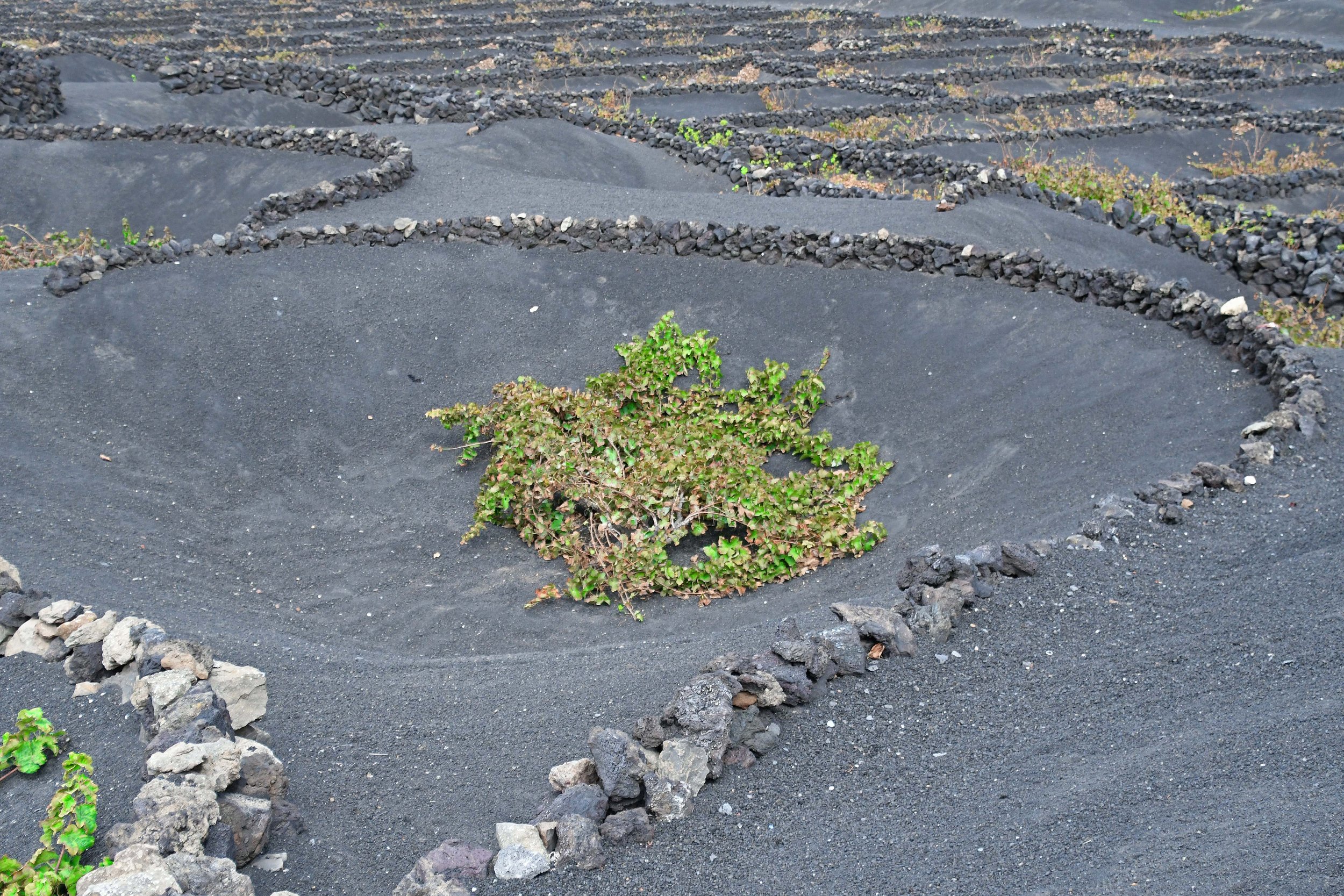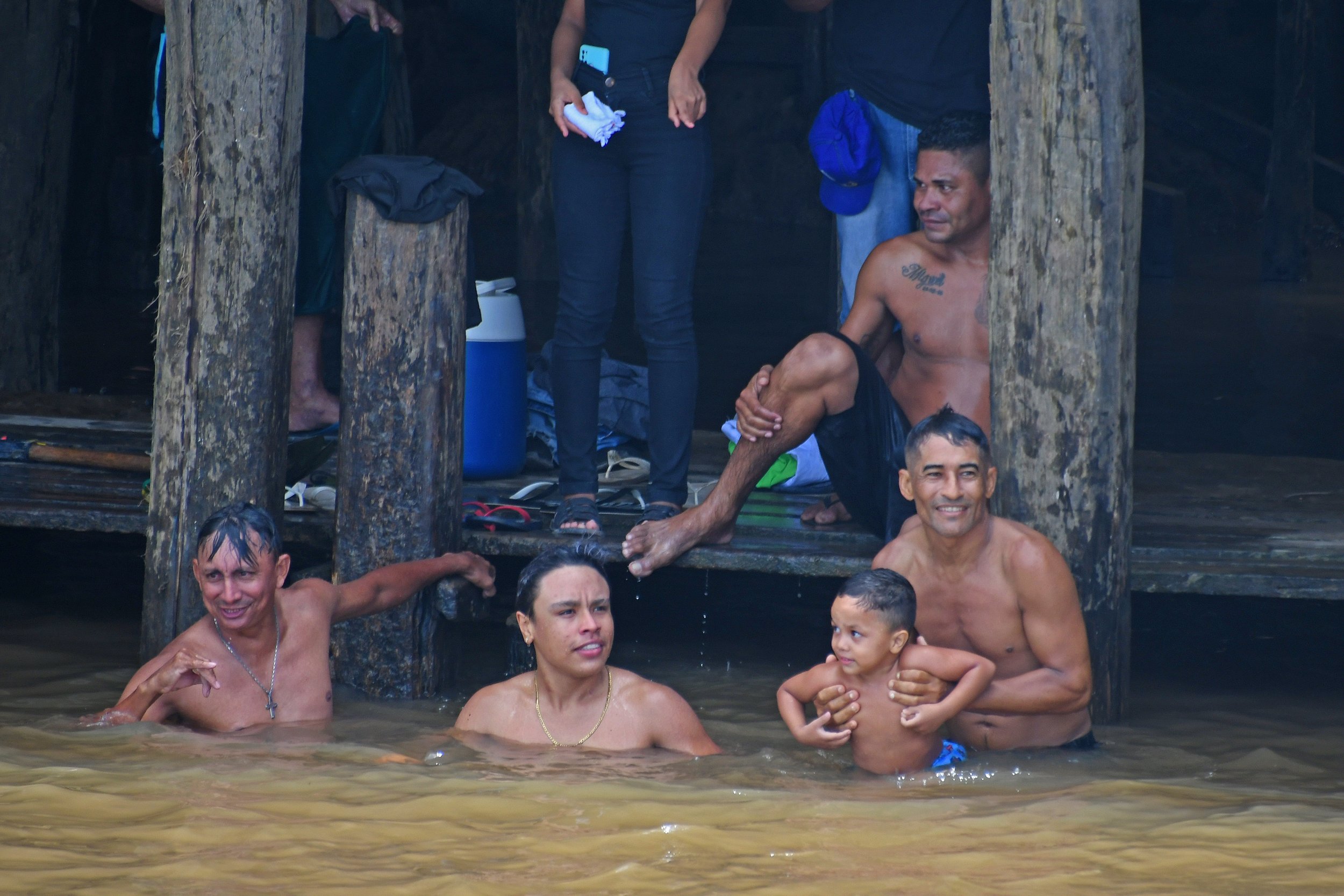Pearl Harbor, Hawaii, U.S.A.
A 23-minute long grand performance marking the end of hostilities between Japan and the Allied Forces became an exclamation mark for the history books. The stage: The USS Missouri in Tokyo Bay. The date: Sunday, September 2, 1945. The significance: The end of the most brutal war in history.
With an elated world watching, a humiliated Japan surrendered unconditionally while hundreds of American B-29 bombers passed overhead, and 258 allied combat ships laid at anchor nearby in Tokyo Bay. This show of force was meant to reinforce one final message to Japan: recognize your opponents’ combat superiority and don’t even think about further resistance. It was important for Japan to heed this message, because the USA was out of enriched uranium and could not have continued nuclear strikes against Japan.
The USS Missouri is tied up in Pearl Harbor. Lovingly called the “Mighty Mo”, the battleship has seen active duty in WWII, the Korean War, and the Gulf War. She was one of the largest battleships ever built. The USS Missouri was retired in 1992 and now serves as a museum. The Pearl Harbor Naval Ship Yard can be seen in the background.
At the beginning of WWII, Japan had been acting aggressively in the Pacific region. In the name of Emperor Hirohito, the country’s generals pursued ambitious goals that included the establishment of the “Greater East Asia Co-Prosperity Sphere”, an area that was supposed to include the Philippines (which were under American administration) and parts of east Asia (which were under British, French, Dutch and Australian control). By pursuing the expansion of its empire with much brutality, conflict with these colonial powers became inevitable.
By 1941 the Japanese Empire already controlled the Marshall, Caroline, and Mariana Islands, Korea, Manchuria, French Indochina (Vietnam, Laos, and Cambodia), Taiwan, and parts of China. To accomplish further expansion, Japan needed access to natural resources. Soon, Japan’s power grab in the region was too much for the colonial powers to tolerate and America started to retaliate by imposing an oil embargo on Japan, freezing Japanese financial assets and closing its ports to Japanese ships. America and Japan were on a collision course and on the brink of war.
Meanwhile, and as a deterrent, America moved its entire Pacific Navy Fleet to Pearl Harbor on the Hawaiian island of O’ahu. The possibility of an attack on its fleet in Pearl Harbor was dismissed as too risky for Japan to pursue. Little did Washington know that, while last minute negotiations with a Japanese delegation were still under way to avoid an escalation of their disagreements, across the Pacific, the countdown for an attack on Pearl Harbor had already begun.
It came as a complete surprise to America, when hundreds of Japanese war planes suddenly appeared on the horizon at 7:55 am on Sunday morning, December 7, 1941. In two waves of attack and during two agonizing hours, the Japanese decimated the Air Force Bases on the ground (including its planes) and obliterated the battleships that were neatly lined up along Ford Island’s pier. Both, the planes and the battleships, were easy targets. A meaningful defense by the American Navy was impossible.
The decks of the USS Missouri were the site of Japan’s unconditional surrender while anchored in Tokyo Bay. An international fleet of almost 300 war ships came to mark the solemn occasion. At the desk is Admiral Chester W. Nimitz. Behind him (with his hands folded behind his back) is General Douglas MacArthur, Supreme Commander of the Allied Forces. The Japanese delegation signed the document first, followed by representatives from all nine Allied Nations. The signing ceremony lasted a mere 23 minutes. This picture is still displayed in the mess hall of the USS Missouri.
When the attacks were over, two important intended targets had not been destroyed by the Japanese: The Pacific Fleet’s three aircraft carriers (which were at sea during the attack) and the fuel storage tanks (which were defended by the few planes that managed to get airborne). A third wave of attack by Japanese planes was originally planned, but the commanders thought that enough damage had been done and the risk for the Americans to be better prepared for another wave of attack was too great. In the end, 2,403 lives were lost on December 7th, 1941, a day America intended to avenge.
Designed by architect Alfred Preis, the Pearl Harbor USS Arizona War Memorial opened its doors to the public in 1962. Mounted on top of the sunken wreck of the battleship USS Arizona, it is a vivid and emotional reminder of the horrors of war. The bodies of 900 of the ship’s 1,177 crew are still trapped in the submersed wreck. Oil, still escaping from the ship, can be seen in the top right of the picture. Draining the oil completely from the fuel storage has been ruled out for fear of triggering a major environmental disaster.
Four years later, America was able to declare victory over Japan aboard the USS Missouri, America’s newest and most powerful battleship. With more than a thousand sailors watching the proceedings from above, with representatives from all 9 allied nations present, with over 200 reporters from all over the world and television cameras broadcasting the historic event, the Japanese delegation must have felt the judgement of the world upon their shoulders. To General Douglas MacArthur, who was the Supreme Commander of the Allied Forces and the man who staged the proceedings, it was the 20th century version of an ancient Roman practice: forcing a defeated enemy to pass under the yoke.
The war in the Pacific cost the lives of 161,000 American soldiers, 2,000,000 Japanese soldiers and 800,000 civilians, a quarter of which died in Hiroshima and Nagasaki. In what can only be described as a class act, General MacArthur stated at the beginning of the proceedings, that the Japanese and their conquerors did not meet "in a spirit of mistrust, malice or hatred but rather, it is for us, both victors and vanquished, to rise to that higher dignity which alone benefits the sacred purposes we are about to serve." There was sadness in the air as these words were spoken.








